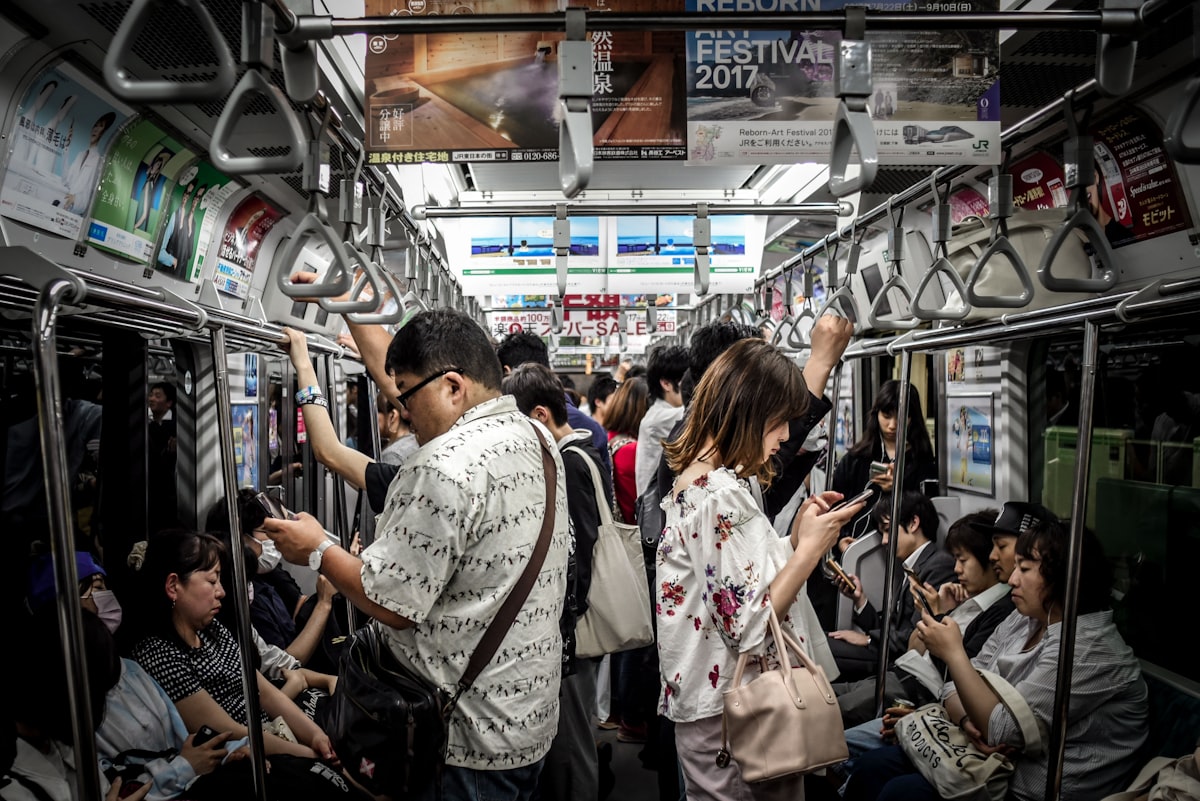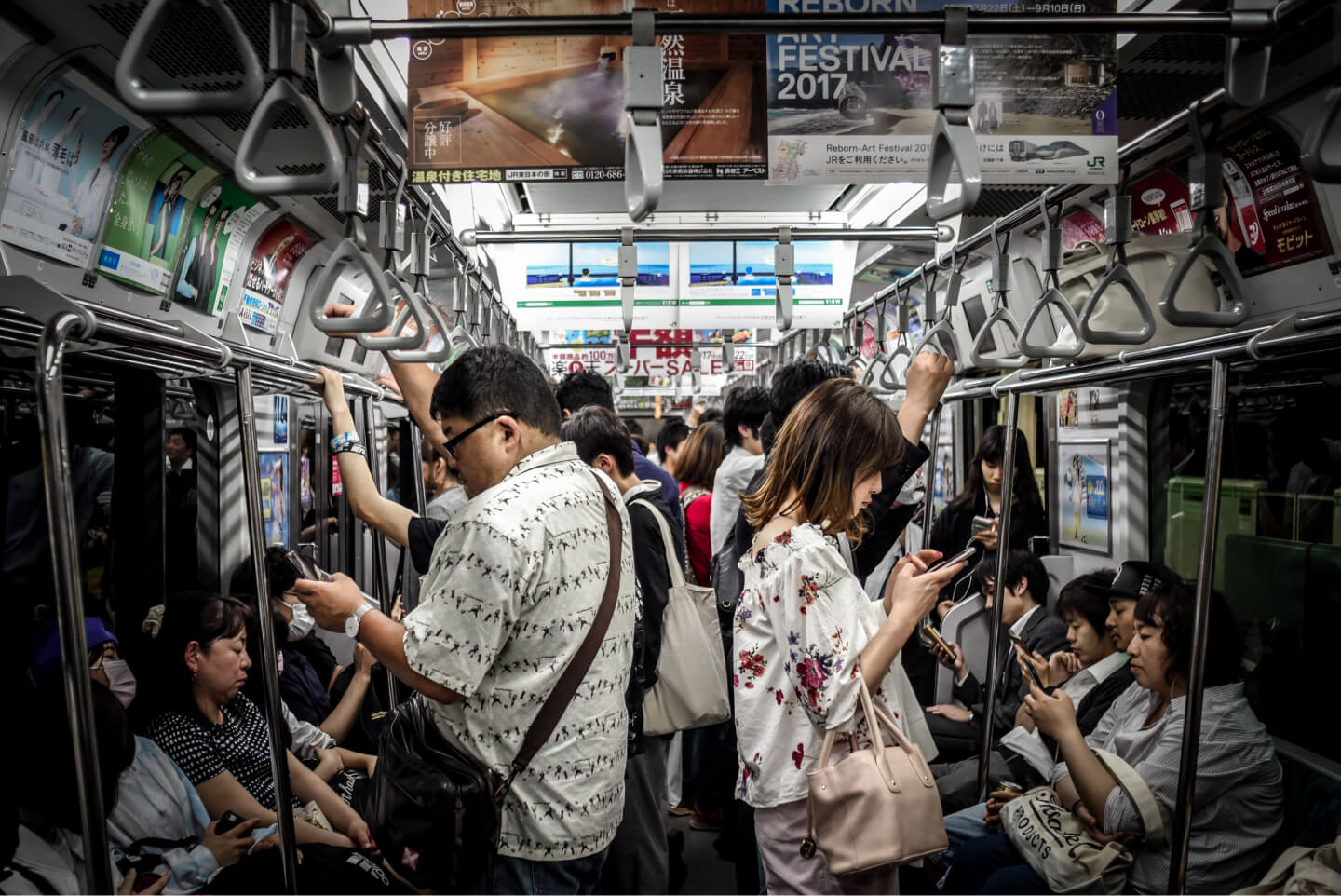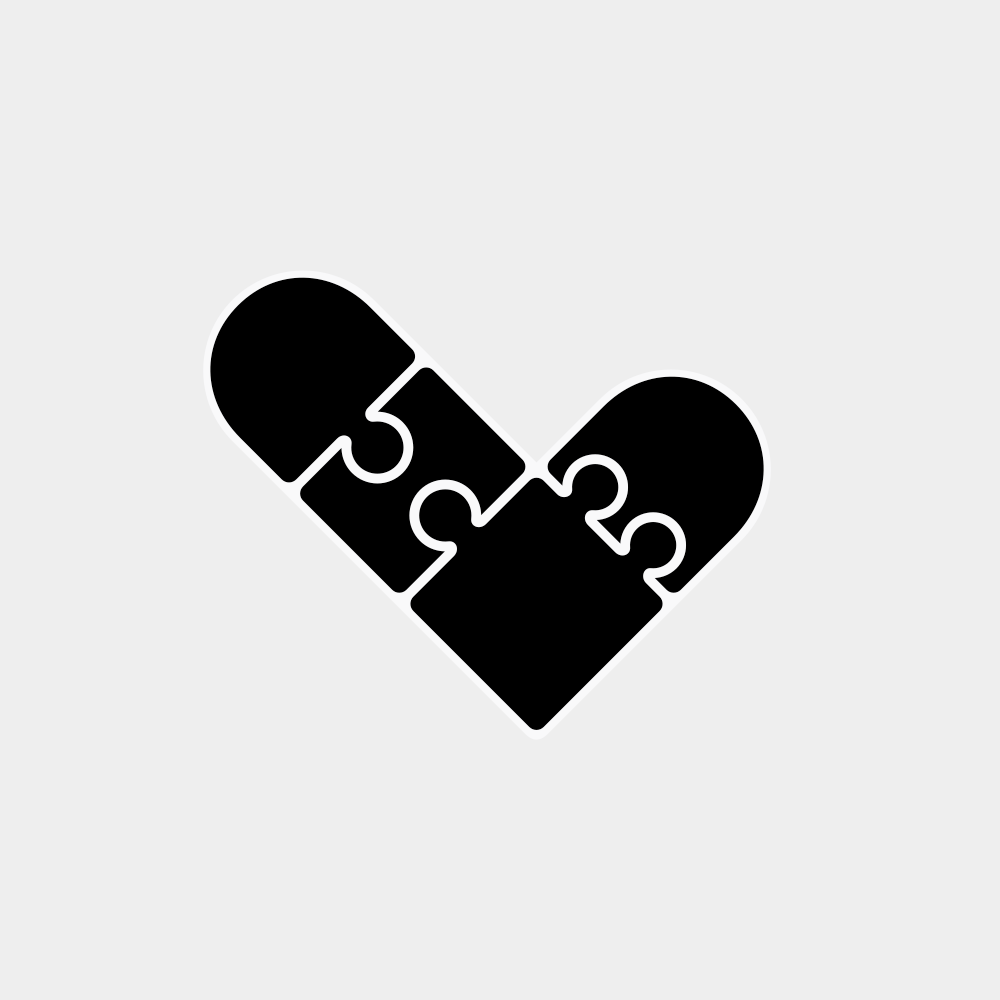Are Apps Making Us Better Or Worse?

Interintellects Vidhika Bansal and Rosano invite you to reflect on the pivotal role technology plays in our lives, the trade-offs of its everpresence, and finding balance in the digital world.

Nowadays, so many goods, services, and experiences are just a tap or click away.
Need a ride to the airport? There’s an app for that. Want dinner delivered to your doorstep? There’s an app for that. Looking for someone to go on a date with, or maybe even “the one”? There’s an app for that too. (You get the idea.)
As apps and other digital experiences continue to become increasingly present in our lives, it becomes hard to deny their influence — both good and bad — on how, and maybe even who, we are.
We know technology has changed us and our interactions with others, but in what ways? What societal patterns existed before software ate the world? What do they look like now? What might we want them to look like?
✨
Some questions we might explore in this salon:
- Are the various digital experiences we interact with getting better or worse?
- Have we become more or less connected than we were before? How so?
- How does hyperabundance change our relationships with one another?
- In what ways has our use of technology evolved during the pandemic?
- Where and how might we create healthy connections digitally?
- How can we build a greater consciousness for how interfaces affect us?
✨
Suggested pre-salon reading + watching:
Screens doubled as babysitters during lockdown. What now? (The Guardian)
Appocalypse: Can you imagine a world without apps? (WWDC 2017 Snippet on Youtube)
Are neighborhood watch apps making us safer? (Quartz)
One surprising way using a smartphone strengthens your brain (Inverse)
Does technology cut us off from other people? (Berkeley’s Greater Good Magazine)
Further reading:
Neil Postman: Amusing Ourselves to Death
Alex Danco: The Audio Revolution
✨
Additional notes
Image attribution: Photo by Hugh Han on Unsplash
If you have any difficulty participating due to financial reasons, send us a message and we’ll buy your ticket.
Hope to see you there!
Summary
Our conversation was wide-ranging, and perhaps too broad: at times it felt hard to sink our teeth into such a large topic that is so all-encompassing; maybe better to focus on a specific domain like dating apps. Satisfying however to exchange ideas and hear everyone's perspective—we're both glad to have sparked the conversation.
Blame the design
It's common for people to blame themselves when technology doesn't work ("I didn't understand the interface, it must be that I'm not very smart; I'm not good at computers; I should have known better how to use the software."). This conceals the power and privilege designers and others involved product development have to create environments where we can thrive or struggle. How can we understand design as something omnipresent, or as a language with which we can all become more familiar? How can we see the water we're all swimming (swiping) in?
Conflicting experiences
Witnessing passing of life ceremonies via Zoom provokes many questions: How would the dying feel to have cameras filming their last breaths? How does choosing to record impact feelings of psychological safety and closure? How does it feel when the same app can function as a means of 'equal representation' on a group call, as well as an enabler of misinformation?
Connectivity has the advantage of putting us in contact with more people, but: How present are we? How do we set boundaries and control notifications? How do we handle any feeling that digital experiences are less 'real' or 'tangible' than their analog counterparts? Are they less real?
Societal pressures
Many people feel the need to check their phone when alone or while standing in an elevator as a way of signalling that they're normal, as phones are sometimes used as a means of avoiding awkwardness or small talk or even human interaction. Why is it strange or exceptional to do nothing? What if it was normal to stop and smell the flowers?
Accessibility
People can have different experiences of the same interface. We’re all temporarily abled: making things accessible improves the experience for everyone. Curbs help people in wheelchairs, but also parents with strollers, someone with luggage, deliveries via trolley. Labels on icons can remind sighted people of what a button does. Designing an interface to be used with one hand can help someone with a cast, or a parent carrying a child in their arms.
Emojis are not accessible for everyone, and following best practices can help make text more readable.
To connect or not
Humans are social, but many people are often just waiting for an invitation. Headphones are an example of a social cue that some people use to communicate wanting to be left alone: is there a moment where it makes sense to interrupt and connect? Being at networking events or having a public Calendly is like signalling that you are open to meeting people.
What is real?
Having time to edit yourself can give you a platform to express more precisely, which might be harder in real-time conversation. Writing as a medium can be a way to look at oneself in the mirror and refine so that it matches what’s inside.
'Reading the room' is more challenging virtually because we can't see everyone's reactions at the same time. Physical space makes it easier to see how someone ‘moves through the world’, to see them in context. Digital makes it harder to glean non-verbal cues as easily as in meatspace. IRL can be a sort of "blue check".
Make noise when something’s not right
Companies may not officially offer support via social media, but they may still pay attention to feedback and aggregate it. Be vocal if something isn’t working as expected.
Rituals
Streaks can be something to aspire to and quantify how much you’ve put your values into action, they can help build self-trust. Rituals are a signal to yourself of what your values are, as things are easy to say and not cheap to do: compare saying "I like to exercise" with "I lifted three times a week for the last six months."
Ideas and strategies
Imagine a dating app with progressive disclosure, where you see more about someone the more you engage meaningfully. Familiarity breeds liking.
Getting a new phone provides a rare opportunity to start with a clean slate, and make choices for which apps are really needed. On your existing phone, you might delete apps not used within a certain period to lighten cognitive load. Perhaps go all the way to installing for specific moments and deleting them after to make intention super deliberate.
Through awareness, we gain control. If we know something isn't working for us, we can play with the constraints: hashtags emerged from popular usage. "Use the medium."

